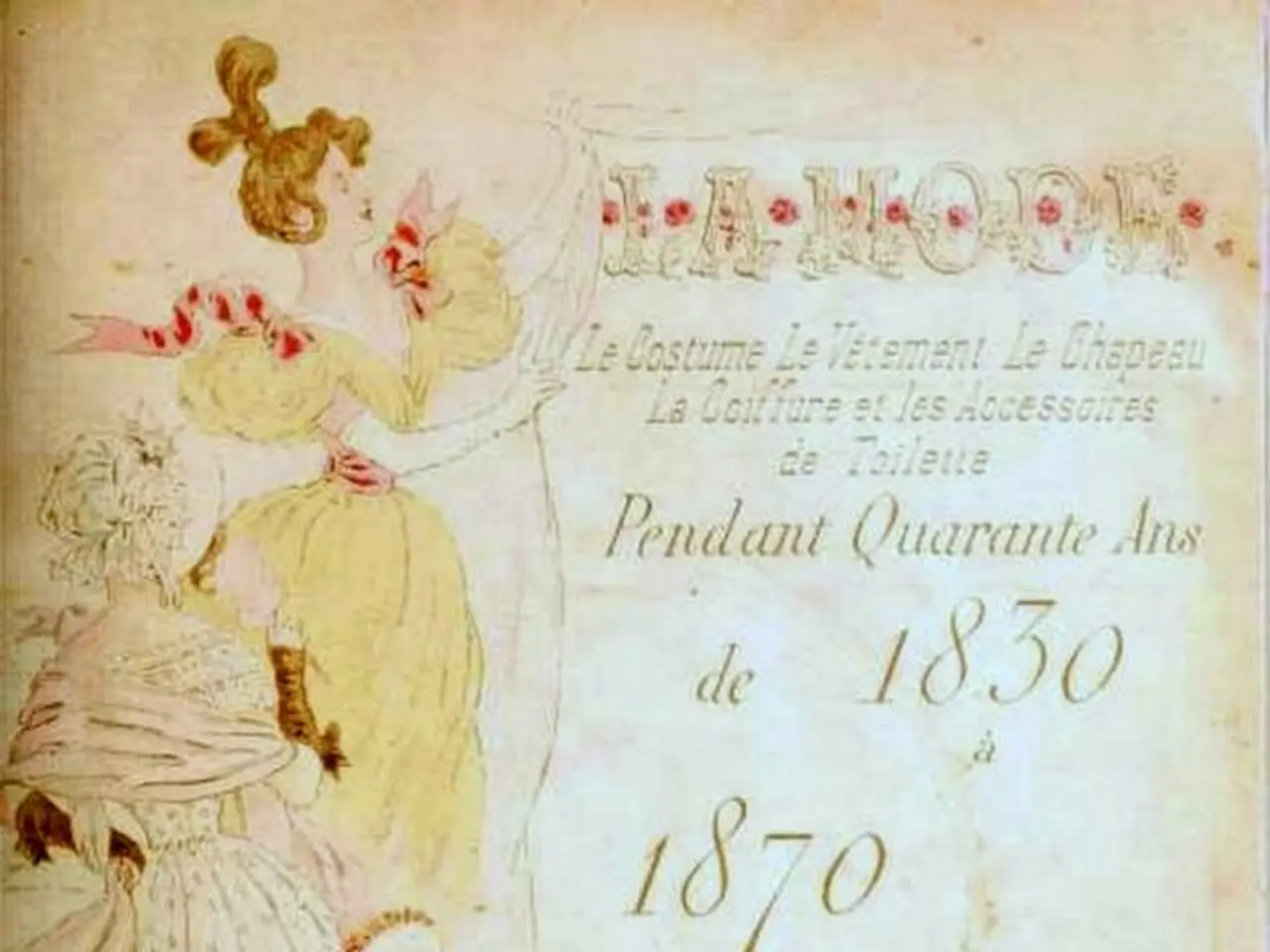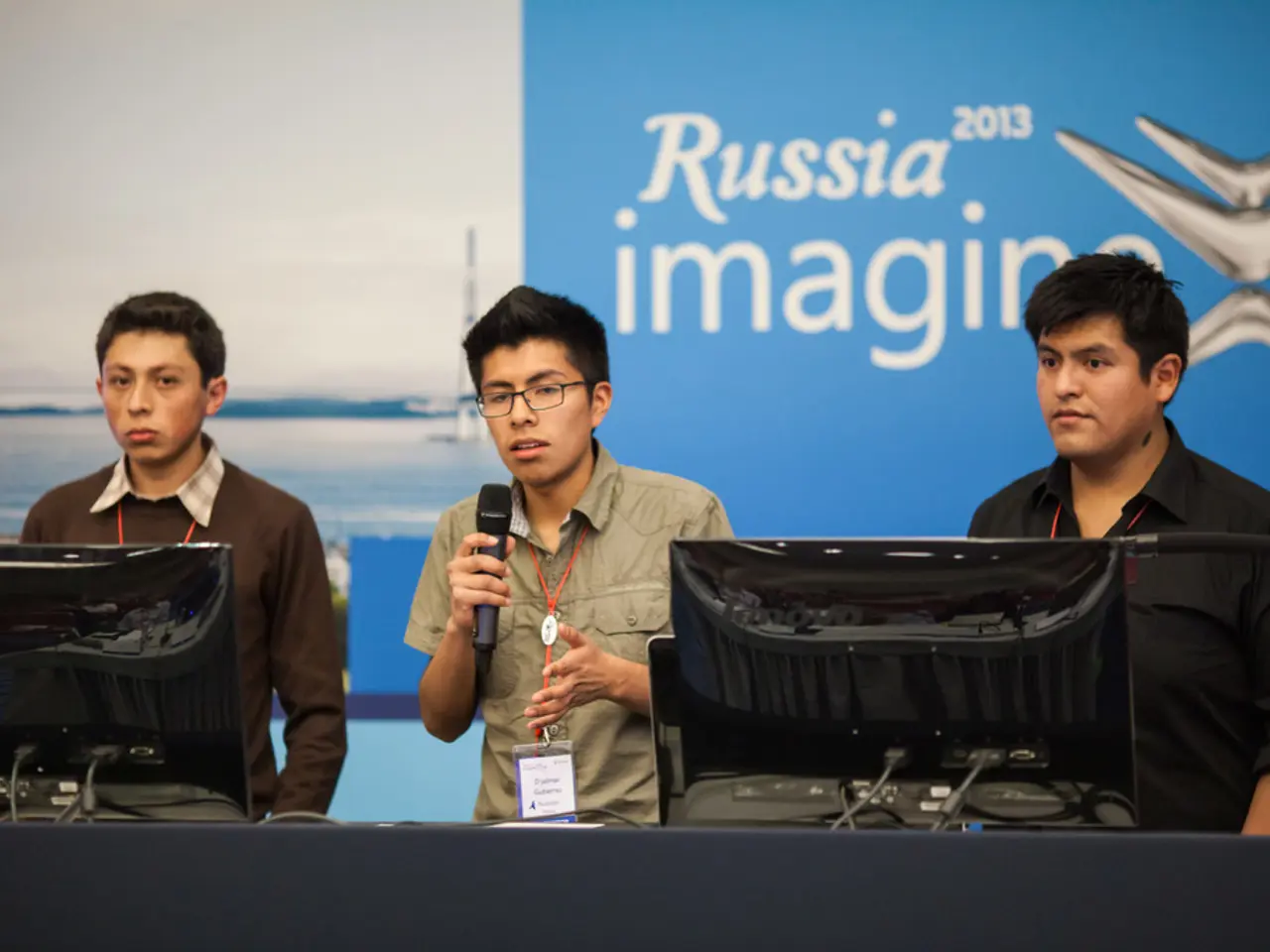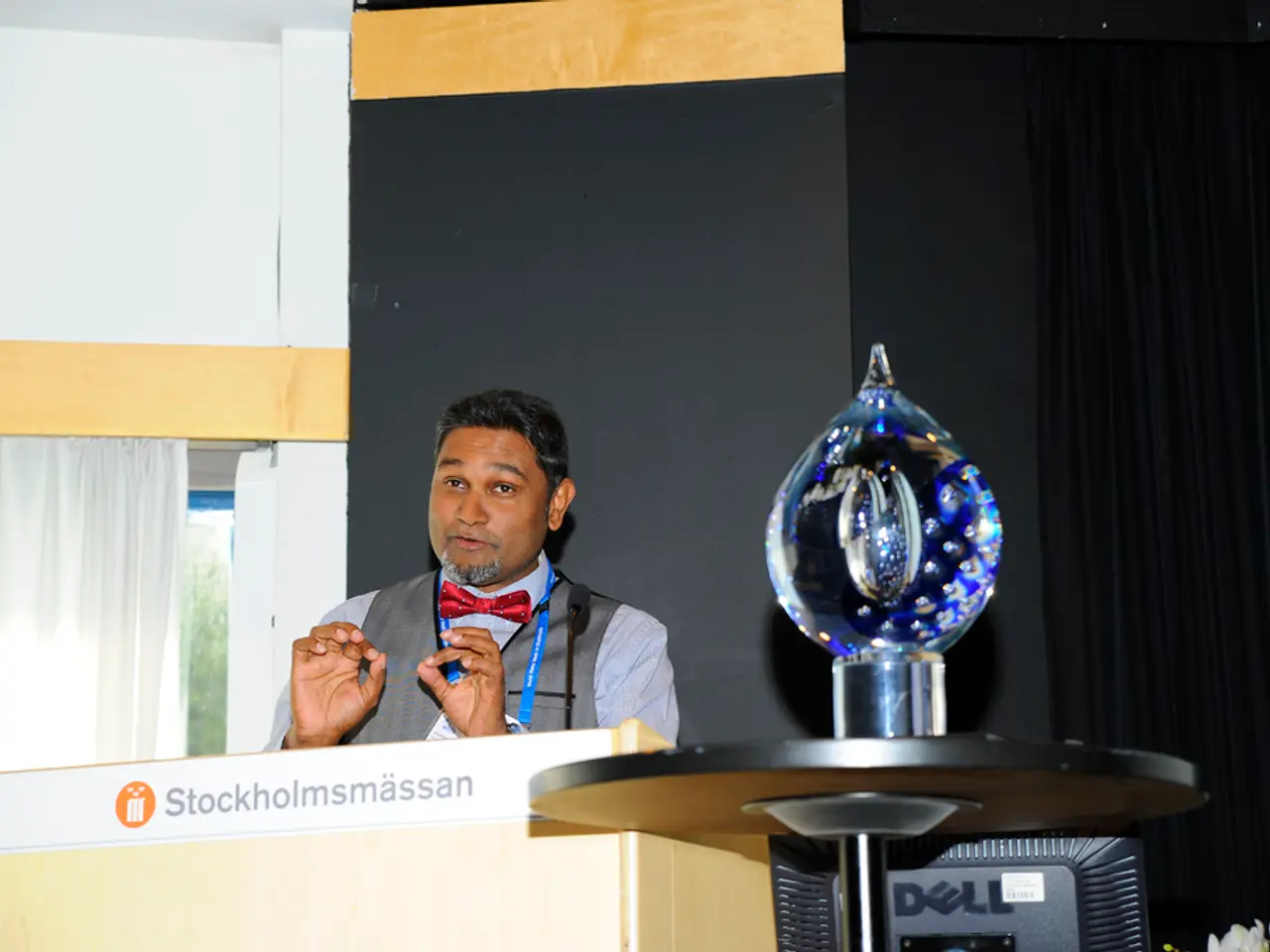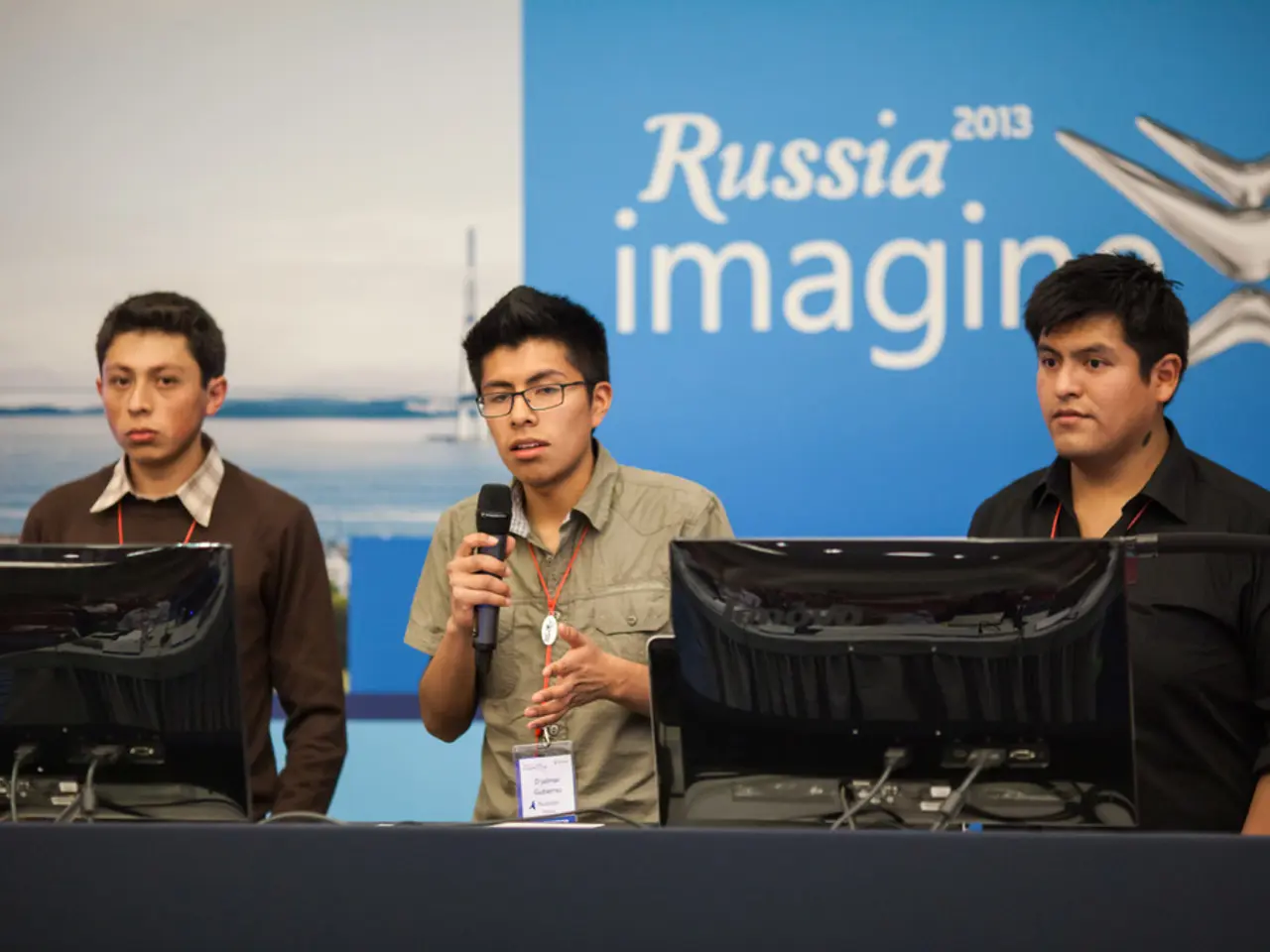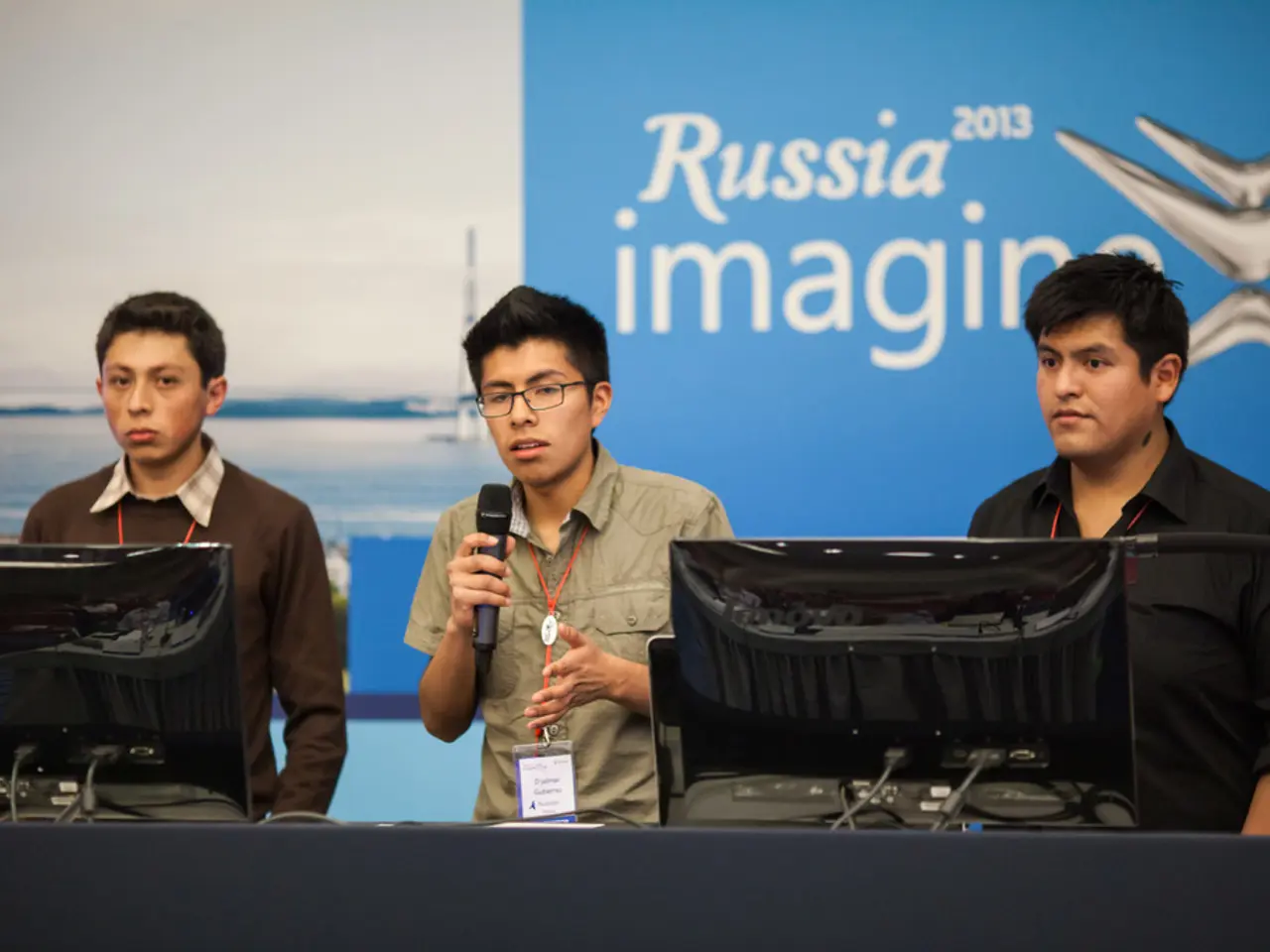Public Fund Recipients Ought Not to Be Involved in Gender-Related Matters
In a move that has sparked heated debate, Culture Minister Wolfram Weimer has prohibited the use of gender-inclusive language in official communications of his department and urged publicly funded institutions to follow suit.
Weimer, who took office in May 2025, argues that the traditional rules of the German language should be respected and that enforced gendering does not reflect how most Germans speak. He believes that gender-inclusive language deepens societal division, while individuals may express themselves freely.
This directive affects about 470 employees in his departments in Berlin and Bonn. However, no other federal ministries have announced plans to follow Weimer's lead, and some continue to use gender asterisks.
The controversy has touched on issues of language, identity, societal division, and modern linguistic standards. Weimer's critics view his stance as an attempt to restrict free cultural institutions, while the minister sees it as a means to promote clarity and broad acceptance.
Misbah Khan, deputy of the Green parliamentary group, believes Weimer's statements are an attack on the freedom of art and culture and an attempt to discipline critical voices. Mika Beuster, chairman of the German Journalists' Association, shares this view, stating that Weimer's initiative interferes with broadcasting freedom.
Sven Lehmann, chairman of the Culture Committee in the Bundestag, has also criticised Weimer's initiative, labelling him a "missionary cultural warrior." Weimer's stance on gender-neutral language is facing significant opposition, with various parties, including the Green party and the German Journalists' Association, voicing their disapproval.
Despite the controversy, Weimer remains firm in his belief that traditional language rules should be upheld. He has stated that he will continue to urge all publicly funded institutions, including museums, foundations, and broadcasters, to adopt the same policy.
[1] "Culture Minister Weimer Prohibits Gender-Inclusive Language in Official Communications" - German Press Agency, [date] [2] "Germany's Language Debate: Weimer's Ban on Gender-Inclusive Language Sparks Controversy" - The Guardian, [date] [3] "The Rise of Traditionalism: Weimer's Ban on Gender-Inclusive Language in German Culture" - The New York Times, [date] [4] "Germany's Culture Minister Calls for End to Gender-Inclusive Language in Publicly Funded Institutions" - Deutsche Welle, [date]
- The ongoing debate about gender-inclusive language has escalated with the war-and-conflicts of words between Culture Minister Weimer and advocates of modern linguistic standards.
- In a recent policy-and-legislation move, Weimer banned gender-inclusive language in his department's official communications, sparking controversy in general-news outlets across the globe.
- Amidst the political standoff, crime-and-justice advocates argue that this could lead to a slippery slope of control over free expression, as Weimer's stance goes against basic principles of tolerance and diversity.
- Meanwhile, the minister defends his decision, contending that adhering to traditional language rules promotes clear communication and broad acceptance, avoiding the potential accidents of misunderstanding associated with gender-inclusive language.
- As the campaign against Weimer's ban continues, fires of dissent are burning in the realm of politics, with parties like the Green party and the German Journalists' Association rallying against this latest wave of traditionalism.
